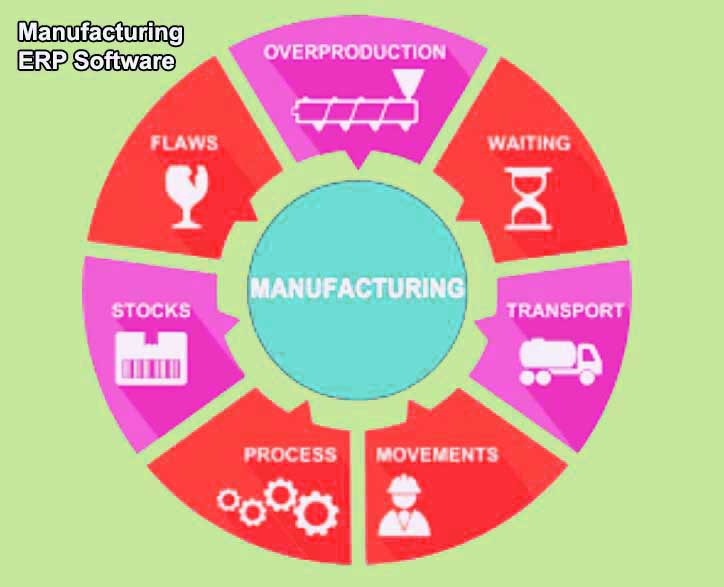In today’s highly competitive manufacturing landscape, optimizing production processes, reducing costs, and enhancing overall efficiency are critical for staying ahead. Manufacturing Enterprise Resource Planning (ERP) software has emerged as a pivotal tool in achieving these objectives.

This article delves into the realm of manufacturing ERP software, exploring its features, benefits, and how it can be a game-changer for your manufacturing operations.
Understanding Manufacturing ERP Software
What Is Manufacturing ERP Software?
Manufacturing ERP software is a comprehensive business solution designed to manage and streamline manufacturing operations. It integrates various aspects of the manufacturing process, including inventory management, production scheduling, quality control, and supply chain management. This software ensures that manufacturing processes are optimized, costs are reduced, and resources are utilized efficiently.
The Role of Manufacturing ERP
Manufacturing ERP software plays a crucial role in ensuring that manufacturing processes run smoothly. It provides a centralized platform for data management, making it easier to monitor and control every aspect of production.
Key Features of Manufacturing ERP Software
Production Planning and Scheduling
One of the primary features of manufacturing ERP software is its ability to plan and schedule production efficiently. It takes into account factors like demand, available resources, and lead times to create production schedules that are well-optimized.
Inventory Management
Manufacturing ERP software helps in managing and tracking inventory. It ensures that raw materials are available when needed, reducing excess inventory and minimizing carrying costs.
Quality Control
Quality control modules within the software enable manufacturers to maintain high product standards. This includes monitoring product quality at every stage of the production process.
Supply Chain Management
Manufacturing ERP software often includes features for supply chain management. This helps businesses optimize their procurement processes, reduce lead times, and establish better supplier relationships.
The Benefits of Implementing Manufacturing ERP Software
Enhanced Efficiency
Manufacturing ERP software significantly enhances efficiency by automating various processes. It reduces manual work, minimizes errors, and ensures that resources are used optimally.
Cost Reduction
With effective inventory management, production planning, and resource allocation, manufacturers can reduce costs related to excess inventory and inefficient processes.
Improved Decision-Making
Manufacturing ERP software provides real-time insights into the production process. This enables quick and informed decision-making, a crucial advantage in the fast-paced manufacturing environment.
Scalability
Manufacturing ERP software can scale with your business. Whether you are a small manufacturer or a large industrial operation, the software can adapt to your specific needs.
Implementing Manufacturing ERP Software in Your Operations
Vendor Selection
Selecting the right manufacturing ERP software vendor is a critical decision. It’s essential to choose a vendor with a strong track record, excellent customer support, and a software solution that aligns with your manufacturing processes.
Employee Training
Proper training for your employees is essential for a smooth transition to manufacturing ERP software. This ensures that your staff can effectively utilize the system to its fullest potential.
Data Migration
Migrating existing data to the new system should be executed with precision to prevent data loss or corruption. Engage experienced professionals to manage this process.
Conclusion
Manufacturing ERP software is a transformative tool for manufacturers, offering enhanced efficiency, cost reduction, and improved decision-making. To remain competitive in today’s dynamic manufacturing environment, consider implementing manufacturing ERP software in your production processes. It has the potential to revolutionize how you manage your resources, streamline your operations, and ultimately contribute to your manufacturing success.